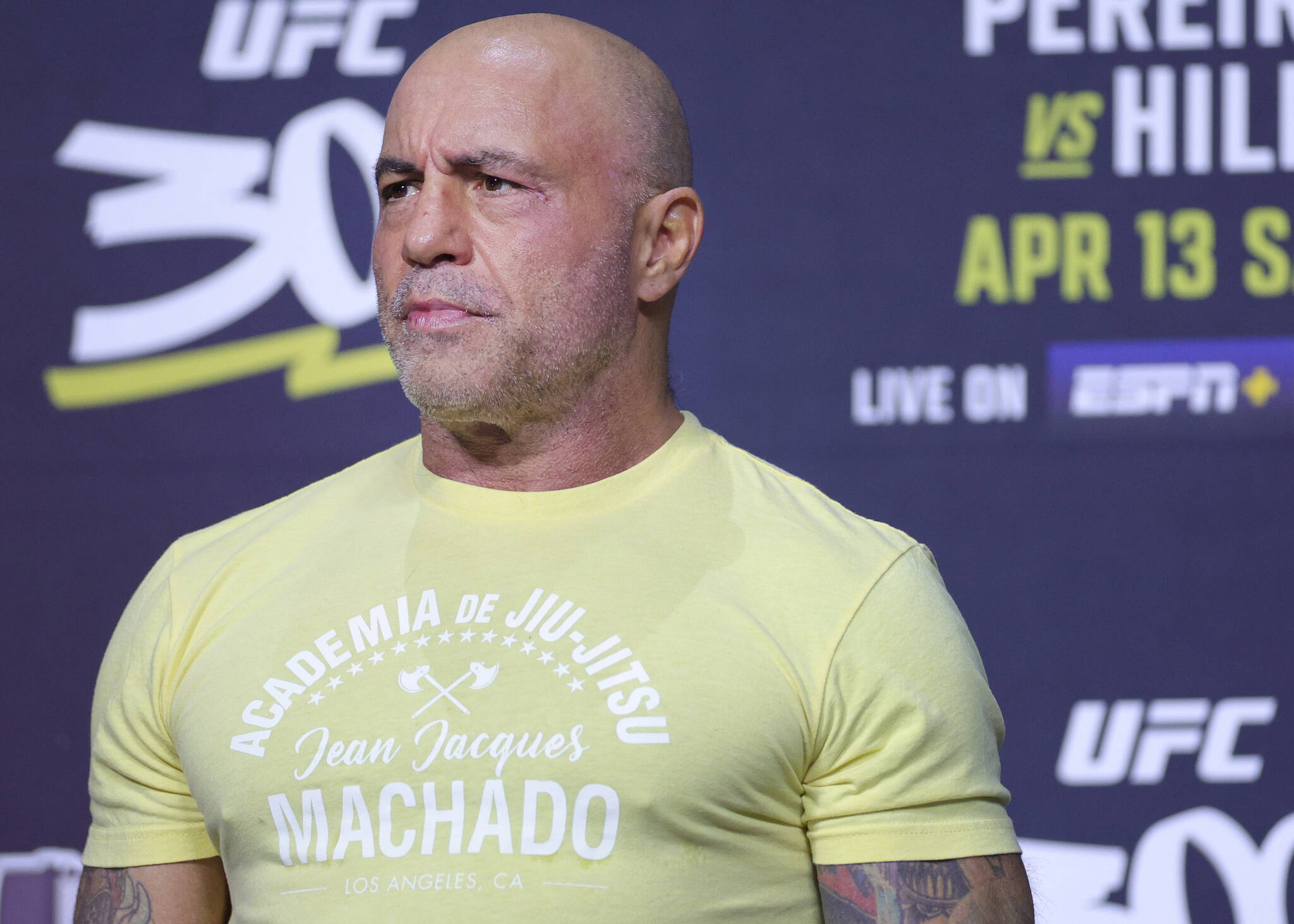Politics
Comedy Podcasts Struggle to Balance Satire and Partisanship

Comedy has traditionally served as a powerful medium for challenging authority and exposing uncomfortable truths. Through satire, comedians can confront societal norms and highlight the absurdities of the human condition. However, recent trends in comedy podcasts suggest a troubling shift towards partisanship, undermining the art of satire and the integrity of comedic discourse.
Many prominent comedic podcasts, exemplified by figures such as Joe Rogan, Andrew Schulz, and Tim Dillon, have adopted a style that prioritizes shock value over thoughtful critique. This brand of comedy, often referred to as “bro edgelord” humor, tends to abandon the insightful analysis that is central to effective satire. Instead of disarming power with wit, these podcasters risk becoming mere mouthpieces for the political ideologies they claim to criticize.
A noteworthy instance of this phenomenon is highlighted by the recent interview conducted by the Canadian podcast group known as Nelk Boys with Israeli Prime Minister Benjamin Netanyahu. During this conversation, the hosts openly admitted their lack of understanding of the complex dynamics surrounding the Middle East conflict. Despite this, they proceeded with the interview, operating under the misguided assumption that direct engagement with a political figure would yield clarity. The outcome was a largely unchallenged Netanyahu promoting his stance on the Gaza conflict, with the only significant pushback being a light-hearted debate over fast-food preferences.
This incident raises serious questions about the responsibilities of those in the comedic realm, especially when they venture into journalistic territory. As noted by writer Alex Passey, comedians such as the Nelk Boys are not attempting to fulfill the role of journalists, yet their platform often blurs the lines between entertainment and serious discourse. This trend reflects a broader issue within the podcasting landscape, where comedic credibility is sacrificed for the sake of engaging an audience that seeks validation of its views.
The late comedian George Carlin serves as a poignant example of how satire can function without succumbing to partisanship. Carlin’s work consistently challenged power structures and societal norms, focusing on systemic issues rather than individual politicians. By maintaining a critical distance from political affiliations, Carlin preserved his role as a comedian capable of addressing a wide array of topics without losing credibility.
In stark contrast, many modern comedians have aligned themselves with specific political factions, particularly during the recent American elections. Some podcasters conducted interviews with members of Donald Trump‘s team, displaying a level of credulity that often resulted in endorsements for his presidency. This shift towards partisan alignment not only compromises their comedic integrity but also alienates audiences who expect a more nuanced approach to political commentary.
The consequences of this trend are significant. As comedians become entangled in the political sphere, they risk losing their ability to critique power effectively. By choosing sides, they inadvertently reduce themselves to advocates for specific institutions, undermining the very essence of satire, which seeks to question and subvert power dynamics.
The current political climate presents a unique challenge for comedians. With moral and ethical lines becoming increasingly defined, there is a growing expectation for comedians to hold power accountable. In this context, the hope remains that a return to the principles of effective satire will emerge, one that values critical engagement over simplistic partisanship.
As audiences continue to navigate a complex media landscape, the demand for comedy that transcends political boundaries is more pressing than ever. The potential for comedians to reclaim their role as incisive critics of society exists, but it requires a commitment to wit and insight that prioritizes the truth over allegiance to any one ideology. By fostering a culture of comedy that challenges all forms of power, the art of satire can once again become a formidable tool for social commentary.
-

 Politics4 weeks ago
Politics4 weeks agoSecwepemc First Nation Seeks Aboriginal Title Over Kamloops Area
-

 World5 months ago
World5 months agoScientists Unearth Ancient Antarctic Ice to Unlock Climate Secrets
-

 Entertainment5 months ago
Entertainment5 months agoTrump and McCormick to Announce $70 Billion Energy Investments
-

 Science5 months ago
Science5 months agoFour Astronauts Return to Earth After International Space Station Mission
-

 Lifestyle5 months ago
Lifestyle5 months agoTransLink Launches Food Truck Program to Boost Revenue in Vancouver
-

 Technology3 months ago
Technology3 months agoApple Notes Enhances Functionality with Markdown Support in macOS 26
-

 Lifestyle3 months ago
Lifestyle3 months agoManitoba’s Burger Champion Shines Again Amid Dining Innovations
-

 Top Stories2 months ago
Top Stories2 months agoUrgent Update: Fatal Crash on Highway 99 Claims Life of Pitt Meadows Man
-

 Politics4 months ago
Politics4 months agoUkrainian Tennis Star Elina Svitolina Faces Death Threats Online
-

 Sports5 months ago
Sports5 months agoSearch Underway for Missing Hunter Amid Hokkaido Bear Emergency
-

 Politics5 months ago
Politics5 months agoCarney Engages First Nations Leaders at Development Law Summit
-

 Technology5 months ago
Technology5 months agoFrosthaven Launches Early Access on July 31, 2025









